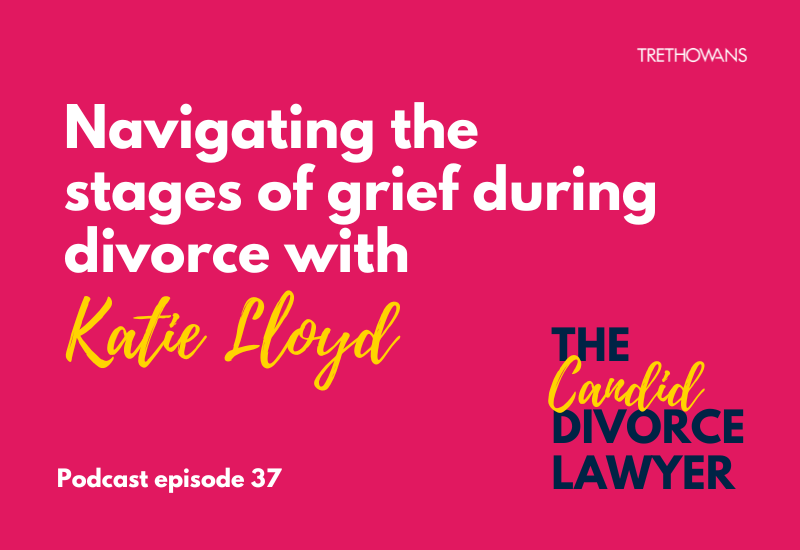With recent changes to the Family Procedure Rules and an increased emphasis towards Non-Court Dispute Resolution (NCDR), many couples are choosing arbitration as a quick, confidential and cost-effective way to resolve a financial settlement.
What is family arbitration
Family arbitration is a form of private dispute resolution where the parties agree to appoint an independent and qualified person (“an arbitrator”) to adjudicate a dispute and make an award. Whilst arbitration has been available for commercial disputes for many years, it is a relatively new but effective option for family disputes.
The arbitration process works in much the same way as the family court process, with the arbitrator making a final decision (known as an award) which is binding on the parties and can be endorsed by the Family Court and made it to a legally binding and enforceable court order. Arbitration governed by the Institute of Family Law Arbitrators (IFLA), ensuring a structured and reliable process.
Benefits of arbitration
- Speed – arbitration can progress much more quickly than the traditional court process as participants are not reliant on an overburdened court system. Arbitration can be scheduled a convenient time for both parties.
- Choice of arbitrator – unlike the court process, where you have no control over which judge hears your case, arbitration allows both parties to choose an arbitrator with the right expertise. Many arbitrators are senior family barristers, retired judges or experienced family law specialists.
- Flexibility and control – arbitration can follow a similar structure to court proceedings but allows for a more streamlined and tailored approach. This adaptability often results in quicker resolutions and lower costs.
- Confidentiality – unlike court hearings, which can be reported in the press, arbitration is a private process. This makes it particularly appealing to those who value discretion and confidentiality.
- Finality – unlike mediation or a private FDR, with arbitration you can be certain of an overall outcome. The arbitrator’s decision is binding and will be drawn up into a court order at the conclusion of the process. The arbitrator’s decision can only be appealed under the same strict criteria as would apply to a judgement obtained through the court process.
- Cost-effective – whilst there is an upfront fee to pay to the arbitrator, the overall cost of the arbitration process is often lower because of the expediency with which cases can be determined and the ability to streamline the process and narrow the issues within the dispute.
Free initial consultation
Our experienced family law solicitors can guide you through the arbitration process, helping you to secure a financial settlement. If you’re considering arbitration as an option, contact our team today on 0800 2800 421 to arrange a free initial consultation.
Related Services
- Adoption and Special Guardianship Orders Solicitors
- Child Relocation Solicitors
- Child Maintenance
- Collaborative Family Law
- Declaration of Trust Solicitor
- Dissolving a Civil Partnership
- Separation and Divorce Solicitors
- Domestic Abuse Solicitors
- Family Mediation
- Fertility and Surrogacy Solicitors
- Divorce Financial Settlements
- High Net Worth Divorce Solicitors
- One Couple, One Lawyer Divorce
- Prenuptial Agreements
- Property Disputes between Unmarried Couples (TOLATA)

































